How to Cut Software Development Costs with Nearshoring: A Comprehensive Guide
Trying to keep your competitive edge and manage costs? Investing in custom software can propel your business forward. However, the price of software development is rising, and many companies are feeling it. From sky-high developer salaries to...
Read More







